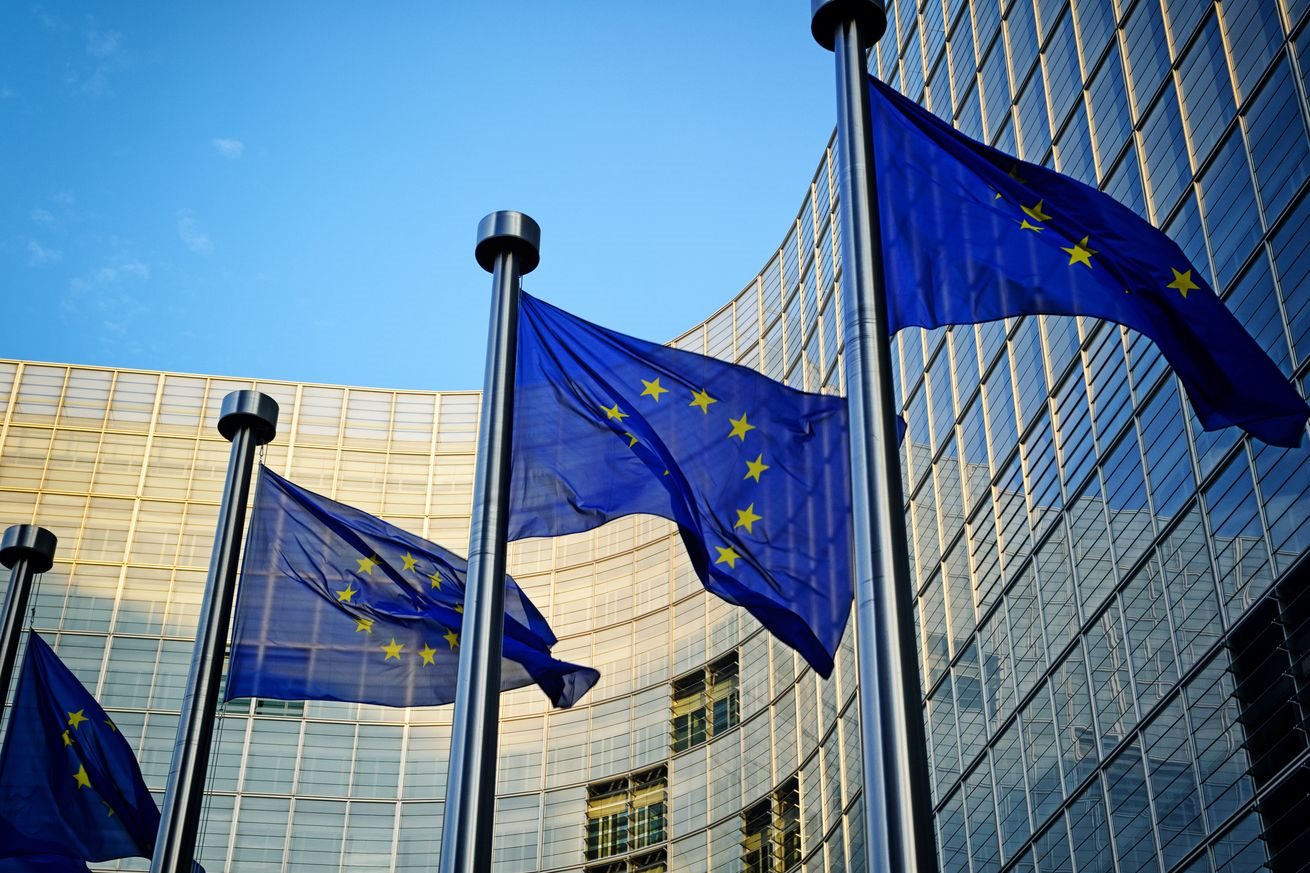
Today the European Commission launched its proposals for a European Defence Fund, together with a reflection paper setting out possible scenarios for the future of European defence cooperation.
Building on the European Defence Action Plan published in November 2016 and complementing the Global Strategy’s Implementation Plan on Security and Defence, as well as the implementation of the EU-NATO Joint Declaration, it is anticipated that the Fund will coordinate, supplement and amplify the defence investments made by EU Member States.
The European Defence Fund has two strands:
1.) Research
From 2017, the EU will for the first time offer grants for collaborative research in innovative defence technologies and products, fully and directly funded from the EU budget. Projects eligible for EU funding will focus on priority areas previously agreed by Member States, such as electronics, meta-materials, encrypted software or robotics. This will be financed with:
- Preparatory Action on Defence-related Research: A budget of €90 million until the end of 2019, with €25 million allocated for 2017. A call for proposals has been launched today for projects in the areas of unmanned systems in a naval environment and soldiers systems. The signature of the first grant agreements is expected by the end of this year.
- European Defence Research Programme: In 2018, the Commission will propose a dedicated EU defence research programme with an estimated annual budget of €500 million per year post-2020, making the EU one of the biggest defence research investors in Europe.
2.) Development and Acquisition
The Fund will also create incentives for Member States to cooperate on joint development and the acquisition of defence equipment and technology through co-financing from the EU budget and practical support from the Commission. Only collaborative projects with at least three participants from several Member States will be eligible, and a proportion of the overall budget will be earmarked for projects involving cross-border participation of SMEs. The EU will only co-fund development of prototypes where Member States commit to buying final product, while projects conceived by Member States in the framework of Permanent Structured Cooperation (PESCO) will benefit from a higher EU co-financing rate (10% bonus). The EU will offer co-financing with:
- €500 million in total for 2019 and 2020, under a dedicated defence and industrial development programme proposed today.
- A more substantial programme will be prepared for post-2020, with an estimated annual budget of €1 billion per year. The programme will leverage national financing with an expected multiplying effect of 5. It could therefore generate a total investment in defence capability development of €5 billion per year after 2020.
The Fund is not designed to substitute Member States’ defence investments, but aims to enable and accelerate their cooperation. The Commission highlights how the increasing costs of developing and acquiring defence capabilities are outpacing the rise in domestic defence budgets across Europe. It notes that the lack of cooperation between Member States in the field of defence and security is estimated to cost between €25 billion and €100 billion annually as a result of inefficiencies, the lack of competition and the lack of economies of scale for industry and production.
Furthermore, around 80% of procurement is carried out at the national level, leading to a costly rise in the duplication of military capabilities across the EU. Indeed, there are 178 different weapon systems in the EU, compared to just 30 in the US. It estimates that up to 30% of annual defence expenditures could be saved through the pooling of procurement. Such increased collaboration could also lead to the standardisation of equipment, encouraging less duplication and better interoperability between European armed forces, and allow for economies of scale, further enhancing the competitiveness of the EU defence industry.
Faced with growing security challenges, a range of disagreements with the new Trump administration and the loom of Brexit, it is unsurprising that European leaders are keen to think strategically about the future direction of defence in the EU. Today’s announcements will be discussed at the forthcoming Prague high-level European conference on defence and security and at the EU Council meeting scheduled for 22-23 June. The latter will come just days after Britain is due to begin negotiating its withdrawal from the EU and while the majority of the Commission’s plans would not come to fruition until after Brexit, UK industry will be following the debate closely, looking for an early indication from the Prime Minister as to what form Britain’s future involvement in such initiatives could take.





